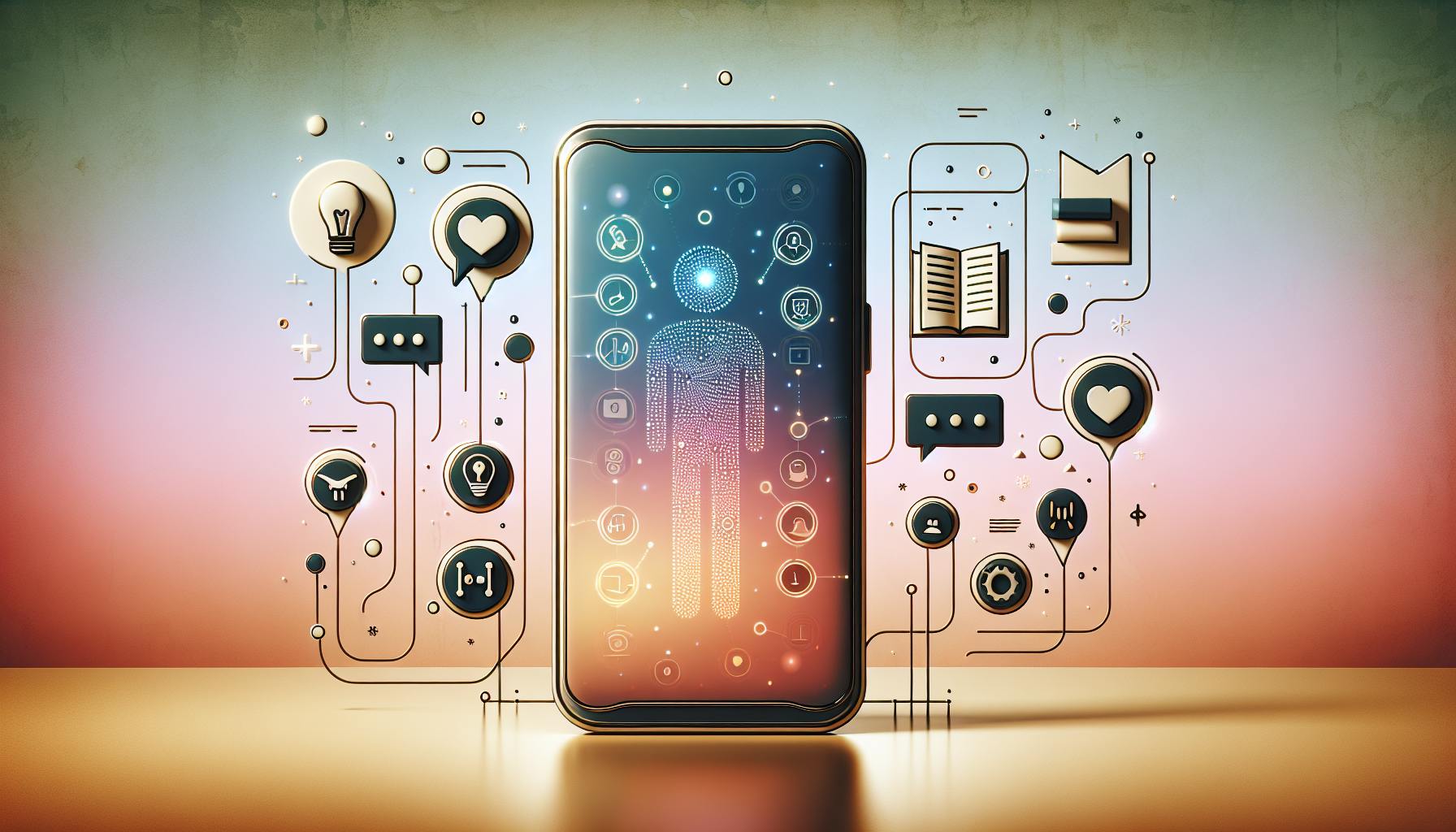Chatbots and AI assistants have advanced tremendously in recent years. With the advent of large language models like GPT-3 and ChatGPT, conversational AI can now understand natural language, answer questions, generate content, and even write code.
However, ChatGPT does have some limitations in its current state when it comes to niche or specialized knowledge. While proficient in common topics, it lacks expertise in certain domains that is often essential for advanced AI projects. It can also hallucinate incorrect information in some cases. This is where integrating custom AI models and GPTs into ChatGPT can elevate its capabilities to new heights.
Overview of ChatGPT's Capabilities and Limitations
ChatGPT's Capabilities
ChatGPT demonstrates impressive conversational abilities, natural language processing, world knowledge, creative writing skills, and code generation capabilities out of the box. For example, it can hold multi-turn dialogues, summarize long articles, compose short stories, and generate simple programs in languages like Python and JavaScript.
ChatGPT's Current Limitations
However, some key limitations persist:
- Lacks niche, specialized knowledge outside common topics. For instance, it does not have in-depth expertise in law, medicine, finance, or other domains.
- Prone to hallucination and providing false information when pushed outside its knowledge boundaries
- Limited personalization and customization to individual user needs and contexts
- Restricted access to external data sources limiting real-time lookups
- Constrained creative capabilities for highly advanced applications like composing songs or generating complex software systems
Integrating Custom GPTs into ChatGPT
ChatGPT is powered by an underlying GPT-3 architecture. By integrating additional custom GPT models trained on niche datasets, we can inject specialized knowledge and capabilities exceeding ChatGPT's current skills.
For example, Anthropic has created Claude, a custom GPT focused on coding. Legal Robot offers an AI assistant for legal research. Deep Pharma trains drug discovery models. These demonstrate the power of niche GPTs.
Strategies for Integration
There are a few key strategies for integrating custom GPTs:
- Chain model architectures together so queries pass across them
- Blend model weights and fine-tune the ensemble on downstream tasks
- Modularize capabilities into swappable skills that users can enable
- Expose custom functions through an API for direct access
Proper integration unlocks substantial performance gains.
Custom GPTs for Niche Knowledge
Specialized GPTs can provide industry-specific expertise where ChatGPT falls short currently:
- Medical GPTs offering lab test analysis and preliminary condition suggestions
- Finance GPTs providing investing portfolio guidance based on risk tolerance
- Marketing GPTs executing SEO audits and content gap analysis
Custom GPTs for Enhanced Creativity
Custom creative GPTs can also expand ChatGPT's imaginative horizons into specialized domains like:
- Screenwriting bots outlining movie scripts and television episodes
- Rap lyric generation GPTs producing original verses with rhythm and rhyme
- Product design GPTs rendering 3D models based on textual descriptions
Key Benefits of Integrating GPTs
Integrating niche custom GPTs unlocks several key benefits exceeding ChatGPT's generalist skills:
Specialized Knowledge
Niche GPTs provide targeted skills and knowledge exceeding ChatGPT's generalist abilities. For example, AllGPTs.co offers advanced chemistry and physics question answering models.
Mitigated Hallucination Risks
Specialized GPTs trained on high-quality datasets minimize false information risk compared to ChatGPT's vulnerabilities. Expert.ai's GPTs offer reputable, factual responses in domains like healthcare.
Increased Personalization
With modular custom GPTs, ChatGPT becomes customizable to each user's needs. Marketing GPTs can analyze an individual business's web analytics and site content to provide tailored recommendations.
Access to Niche Datasets
Targeted GPTs grant ChatGPT access to specialized external data sources. Domain-focused integrations like WolframAlpha provide immense knowledge benefits.
Expanded Creative Horizons
Creativity-focused GPTs empower ChatGPT to generate art, music, comedy routines, VR worlds, and more based on their style parameters. ImagineAI offers advanced text-to-image generation capabilities.
Conclusion and Key Takeaways
Integrating custom GPTs into ChatGPT unlocks niche expertise and creativity exceeding its current skills. By chaining, blending, and modularizing custom models, we can customize ChatGPT to individual needs while mitigating risks.
Key highlights:
- Niche GPTs provide specialized knowledge where ChatGPT currently falls shorts
- Creative GPTs expand imaginative horizons for art, music, writing
- Expert-trained GPTs help mitigate false information risks
- Modular custom skills increase personalization to unique user needs
- Specialized datasets become accessible via tailored external integrations
Assess custom GPT quality based on training data, capabilities, and intended use cases. With rigorous evaluation and testing, integrating custom models unlocks new possibilities for elevating AI projects across industries.


